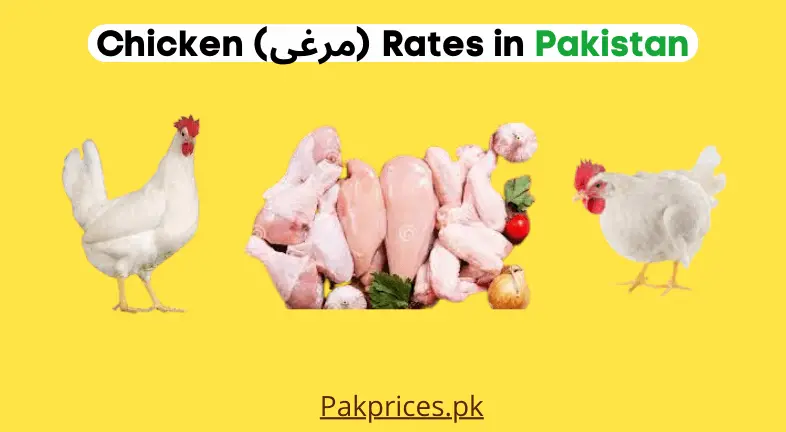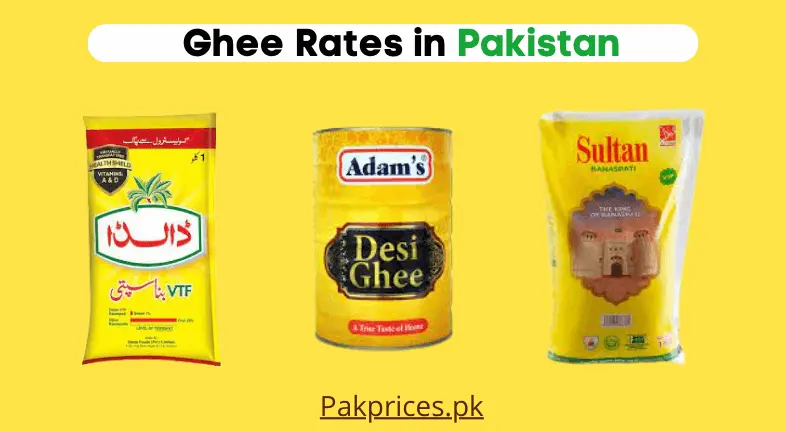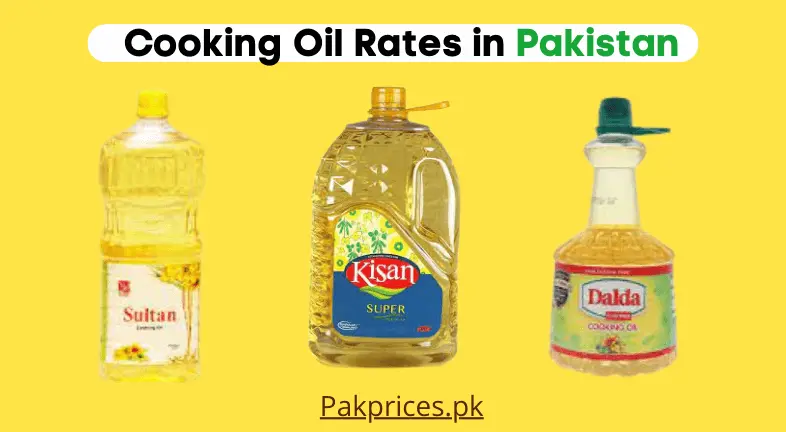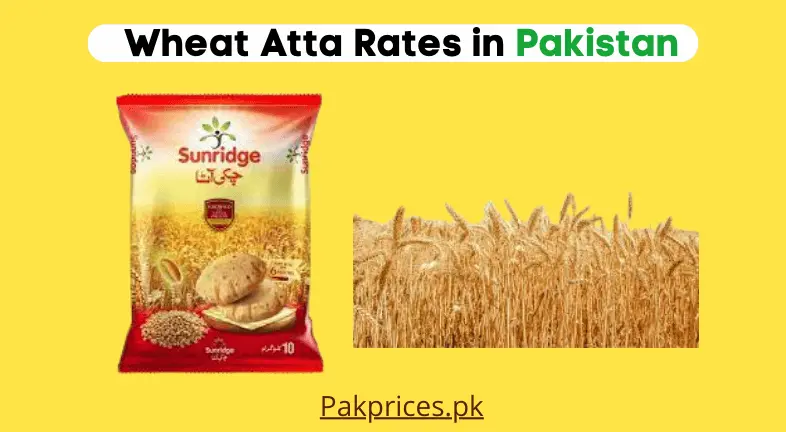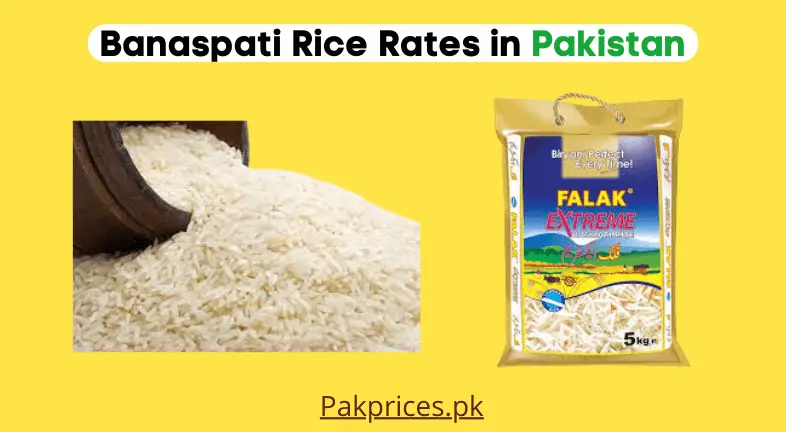
Rice Price in Pakistan Today 26 July, 2024 | Basmati Rice Price in Pakistan
There are millions of people in Pakistan who eat rice every day. Rice price in Pakistan can have a big impact on household budgets because it’s such a big part of the diet. There are people just like me who have to have at least one plate of rice every day, either in the form of biryani or just white-boiled rice.
If I don’t get rice, then my diet remains incomplete. However, like everything else, the price of rice has also significantly risen over the past few months. The country is going through a tough financial time, as we all know. In the recent few months, not only rice prices have increased, but the essential item of every dish, ghee price in Pakistan has also seen a dramatic increase.
So, now the question is, “What’s the price of rice in Pakistan?” I’ll tell you not only the rice price in Pakistan but also the factors that affect the price, rice import and export, and the types of rice available in Pakistan. So keep an eye out.
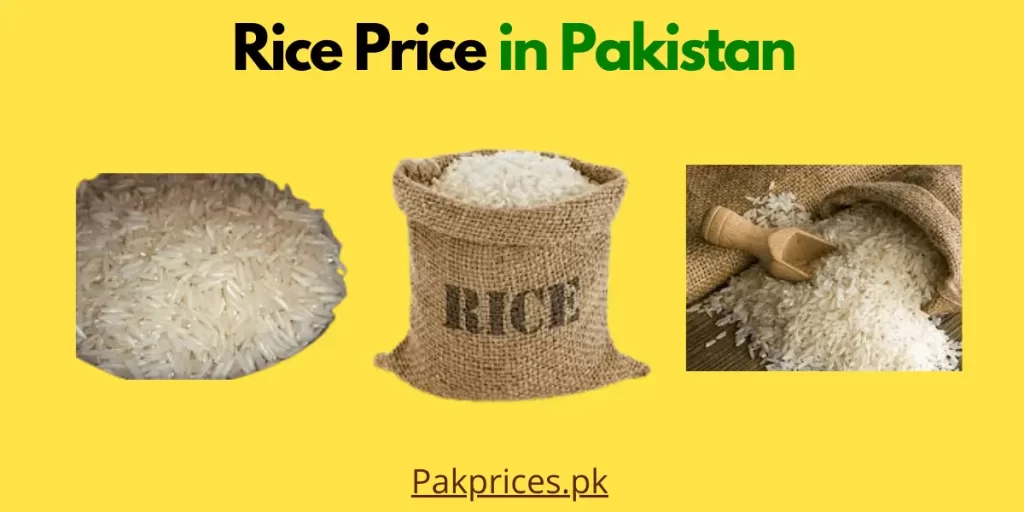
You’re wondering about the rice price in Pakistan. Well, it’s been on the rise lately, unfortunately. The average price of 1kg of rice is around PKR 300 to 400, but it can go up to PKR 500 or more depending on the quality and type of rice. Basmati rice is the most expensive, while broken (toota) rice is the cheapest. In Pakistan, rice prices are affected by a bunch of things. I’ll tell you about them now. Study tuned!
Rice Price in Pakistan Today 26 July, 2024 | Types of Rice and Latest Rates
| Rice Quantity | Wholesale Price | Retail Price |
|---|---|---|
| 1 Kg Rate | Rs. 240 | Rs. 320 |
| 20 Kg Rate | Rs. 4800 | Rs. 6400 |
| 50 Kg Rate | Rs. 12000 | Rs. 16000 |
40 Kg Rice Bag Rates with Types
| Rice Variety | Rate of Steam | Rate of White | Rate of Sella |
|---|---|---|---|
| Kainat Rice | Rs. 4700 | Rs. 4300 | Rs. 4400 |
| New Super Basmati Rice | Rs. 5400 | Rs. 4800 | Rs. 5100 |
| Kainat 1121 B1 Rice | Rs. 3100 | Rs. 2700 | Rs. 2800 |
| Super Basmati Old Rice | Rs. 6100 | Rs. 5250 | Rs. 5700 |
| Super Fine Rice | Rs. 4100 | Rs. 3600 | Rs. 3200 |
| 386 Basmati Rice | Rs. 3600 | Rs. 3400 | Rs. 3500 |
| Super B2 Broken Rice | Rs. 2900 | Rs. 2400 | Rs. 2500 |
| Supri Rice | Rs. 3100 | Rs. 2800 | Rs. 3000 |
| Pakki Basmati Rice | Rs. 2900 | Rs. 2800 | Rs. 3100 |
| Kachi Basmati Rice | Rs. 2700 | Rs. 2500 | Rs. 2400 |
Varieties of Rice in Pakistan
Factors Affecting Rice Price in Pakistan
The following are the factors that affect the rice price in Pakistan:
- Weather conditions: The weather conditions have a significant effect on the rice crops in Pakistan. Because Pakistan grows rice, when there are floods, too heavy rains, or storms, they affect the prices a lot.
- Government policies: It’s up to the government to control rice prices with imports, exports, and subsidies. Government tariffs, for example, will make rice more expensive for consumers.
- Exchange rate: There’s also the exchange rate between the Pakistani rupee and the US dollar. Depreciating rupees make imported rice more expensive.
- Demand and supply: Rice prices go up when there’s more demand than supply.
- Speculative trading: The price of rice can also be affected by speculation. It’s possible for speculators to boost rice prices if they buy it to sell later.
Do you want to know Agri seeds price in Pakistan? Agriculture seed rates have also increased too much, due to which other food consumption products become costly. This is also a factor that affects rice prices in Pakistan, which should be controlled as soon as possible by the government of Pakistan.
Top Rice Exporters in Pakistan
Pakistan is full of rice crops and produces tons of rice all over the season. Pakistan is one of the largest rice exporters in the world. Here are some exporters and top mills in Pakistan.
Import Export of Rice in Pakistan
Pakistan is a global rice trade powerhouse, consistently ranking among the top rice-exporting nations. Annually, the country exports millions of metric tons of rice, predominantly Basmati, and non-Basmati varieties. These exports generate significant revenue, contributing substantially to the national economy. Key export destinations include the Middle East, Africa, Europe, and North America.
While Pakistan is primarily an exporter, it occasionally imports rice to meet domestic demand. This strategic import approach helps stabilize prices and ensures food security during production shortfalls. The country’s robust rice trade, driven by stringent quality standards and international agreements, solidifies Pakistan’s reputation as a reliable player in the global rice market.
Conclusion
The price of rice in Pakistan varies significantly depending on several factors, including the quality and type of rice being purchased. On average, the cost of 1 kilogram of rice in Pakistan can range from Rs. 150 to Rs. 400 or more. This price range accounts for the diversity in rice varieties available in the country.
In this article, we have covered a range of topics related to rice in Pakistan. We discussed the latest rate list, which reflects the current market prices for various rice types. Pakistan is renowned for producing different types of rice, including Basmati and non-Basmati varieties, each with its unique characteristics and pricing.
Frequently Asked Questions



